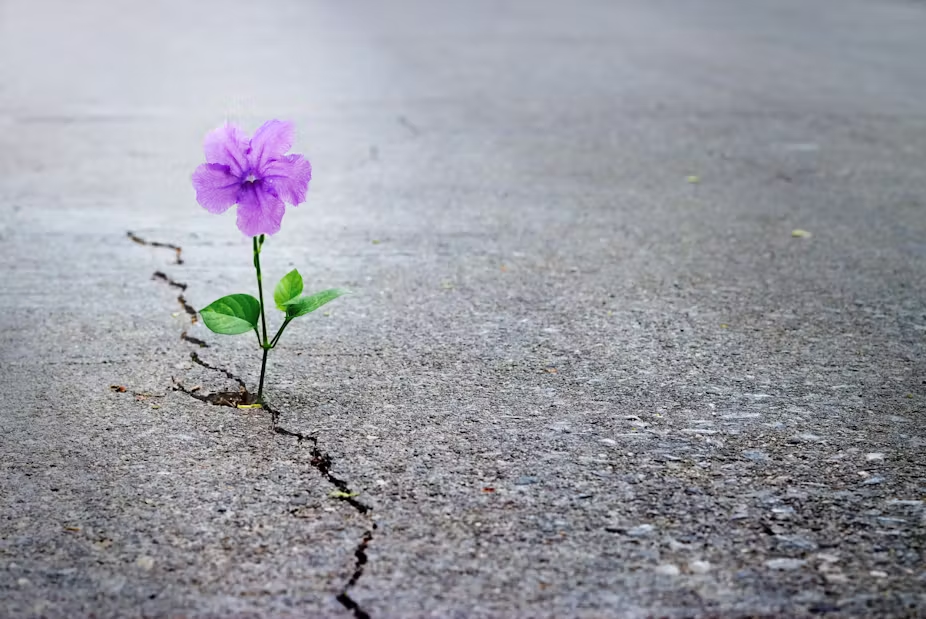***
Gospel: Luke 10: 13-16
Jesus said to them,
“Woe to you, Chorazin! Woe to you, Bethsaida!
For if the mighty deeds done in your midst
had been done in Tyre and Sidon,
they would long ago have repented,
sitting in sackcloth and ashes.
But it will be more tolerable for Tyre and Sidon
at the judgment than for you.
And as for you, Capernaum, ‘Will you be exalted to heaven?
You will go down to the netherworld.’
Whoever listens to you listens to me.
Whoever rejects you rejects me.
And whoever rejects me rejects the one who sent me.”
The Gospel of the Lord.
***

***
The disciples are sent out on two missionary journeys prior to the death and resurrection of Jesus.
First, the Lord sends out the Twelve Apostles in chapter 9 of Luke’s Gospel. They are given the mandate to heal the sick, to cast out demons, and to spread God’s peace. Later, they return rejoicing that, “even the demons are subject to us.”
In chapter 10 of Luke’s Gospel, the Lord doubles-down and sends out seventy more of his disciples to do the very same thing. Thus, the kingdom of God begins spreading.
***
In between these two missionary journeys, Saint Luke wedges in the “woes” of Jesus. “Woe to you, Chorazin! Woe to you, Bethsaida!”
We do not know much about these towns, aside from the fact that the Lord must’ve preached to and healed people there, yet they did not come to faith or amend their lives.
Thus, Luke reminds us that sharing the Gospel is not always fruitful; sometimes our efforts fall upon deaf ears and closed hearts.
***
What might this difficult, even sad, Gospel passage say to us today?
We all have loved ones – parents, a spouse, children, or peers – who have seen God at work in our lives and have heard the Gospel message, yet they remain indifferent or outright against the Church.
This is an undeniable source of pain for many. We can invite, preach, teach, and pray until our hair falls out and yet, it seems, sometimes our efforts fall upon deaf ears. While some of this is predicted by the Lord, what the Church needs today are new tools of evangelization.
As the Body of Christ, we must discern: “How do we bring people back to faith? How do we share the Gospel with people who’ve never heard it? How do we soften hardened hearts?”
***
Part of the answer involves being willing to share our faith. While words will not solve every problem, Saint Peter reminds us: “Sanctify Christ as Lord in your hearts. Always be ready to give an explanation to anyone who asks you for a reason for your hope.”
If someone were to ask you, “Why do you go to Mass, as opposed to just praying from home?Why do you believe in Jesus?” Or, selfishly, “What’s in it for me?” … What might you say?
Like the disciples sent forth in the Gospel, your answer may give them a reason to hope.
***

***
Image credits: (1) The Conversation (2) Forward in Christ (3) Pioneer Bible Translators








